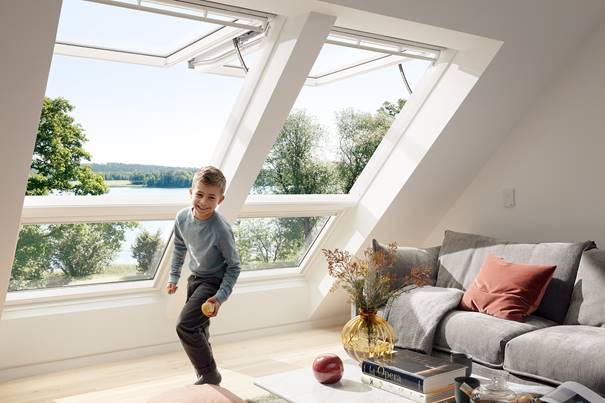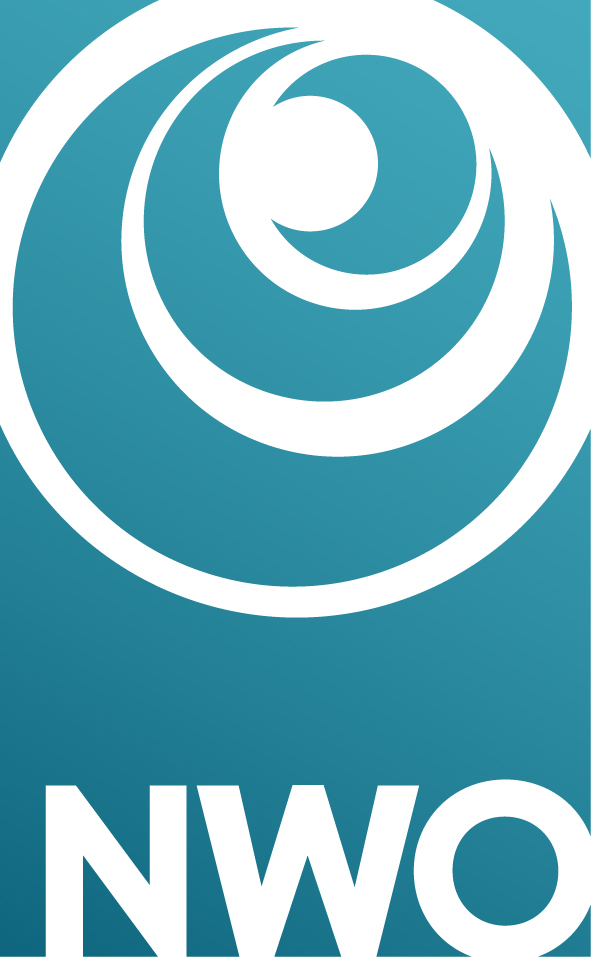MIST
MItigation STrategies for Airborne Infection Control
The airborne transmission of pathogens has a great impact on our health and economy. To address this, indoor environments need better air quality control to reduce infection rates. The MIST project brings together medical, physics, and engineering experts to study virus transmission, airborne droplet spread, and ventilation to develop mitigation technologies (based on ventilation and air cleaning) and assessment methodologies to test their efficiency. These outputs will be translated into practical recommendations to support overall indoor health, which in turn will improve our pandemic readiness.

Since the global impact of COVID-19, we have become acutely aware of the risks related to airborne diseases. Virologists, epidemiologists, fluid mechanics experts, and engineers are collaborating in the MIST (MItigation STrategies for Airborne Infection Control) project to deepen our understanding and prevent the transmission of airborne viruses, infectious diseases and harmful agents, with a particular focus on addressing COVID-19 (SARS-CoV-2). The MIST brought together a diverse range of expertise, including fluid dynamics, physics, molecular biology, medicine, and engineering, and partnerships with 28 companies. The project aims to develop mitigation strategies for controlling airborne infections. To achieve this goal, the following steps will be taken:
i) Advancing fundamental knowledge on virus infectivity, the spread of airborne droplets, and the effectiveness of ventilation.
ii) Developing mitigation technologies and evaluating methodologies to determine their efficacy.
iii) Disseminating program outputs through publicly available recommendations and policy guidelines.
The outcomes of this research will be translated into practical recommendations for implementing measures in the most efficient, cost-effective, and sustainable manner across various environments, including homes, hospitals, schools, and public transportation.
Facts
| Funder: | Dutch Research Council (NWO) |
| Overall budget: | € 4.339.987,00 |
| Grant number: | Budget number 14271 Project number P20-35 |
| Role TU Delft: | Project partner |
| Project duration: | 01-November-2022 - 31 October-2028 |
| TU Delft researchers: | Prof. dr.ir. Atze Boerstra |
Project partners
UT: Prof. dr. Detlef Lohse, Asst. Prof. dr. Sander G. Huisman, Prof. dr. Roberto Verzicco. Assoc. Prof. dr. Alvaro Marin
UT: Assoc. Prof. dr. ir. Rob Hagmeijer, Asst. Prof. dr. Ir. C.W. Visser
UT: Prof. dr. Rob Lammertink, Asst. Prof. Jeff Wood
UMCG: Dr. Mariëtte Lokate, Prof. dr. Alex Friedrich, Dr. Daniele Pantano
RUMC: Prof. dr. Heiman Wertheim, Assoc. prof. dr. ir. Paul Scheepers
UvA: Prof. dr. Daniel Bonn, Prof. dr. N. F. Noushine Shahidzadeh, Asst. Prof. dr. Maziyar Jalaal
TUe: Prof. dr. Bert Blocken, Assoc. Prof. dr. Twan van Hooff, Asst. Prof. dr. Matias Duran Matute
TUD: Prof. dr. ir. Atze Boerstra, Associate Prof. Lorenzo Botto
MARIN: Dr. ir. Hannes Bogaert, Dr. Rodrigo Ezeta,
TNO: Dr. ing. Roberto Traversari
NLR: Dr. Theo van Veen
Dr. Elham Maghsoudi Nia
